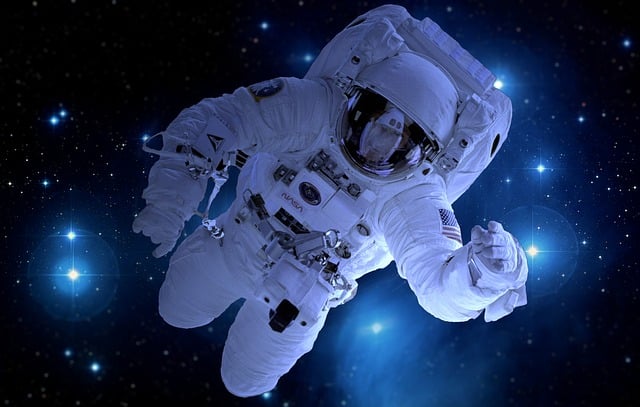Russian cosmonaut Oleg Kononenko is poised to make history with an anticipated world record, spending an impressive 1,110 days, roughly three years, in space. At 0830 GMT, the 59-year-old Kononenko surpass the achievements of his compatriot Gennady Padalka. Padalka, who retired in 2017, had accumulated a total of 878 days, 11 hours, 29 minutes, and 48 seconds over five space flights.
This marks Kononenko’s fifth space flight, and upon the completion of the ongoing expedition in April 2024, he will have accumulated an impressive 1,110 days in space. His current journey to the International Space Station (ISS) began in September 2023 aboard Soyuz MS-24.
More About Russian Cosmonaut Oleg Kononenko
At the age of 34, Oleg Kononenko embarked on his journey as a cosmonaut, joining the select group chosen for the International Space Station (ISS) program, as detailed by the European Space Agency’s website. Kononenko’s childhood dream of venturing into space led him to pursue studies at an engineering institute before delving into rigorous cosmonaut training.
His inaugural spaceflight took place on April 8, 2008, when he participated in the 17th main expedition of the ISS. After spending several months in space, Kononenko safely returned to Earth on October 24, 2008. His inaugural voyage echoes the pioneering spirit of Soviet cosmonaut Yuri Gagarin, who achieved the monumental feat of becoming the first human to journey into space in 1961.
Life in Space

As of 2024, two operational space stations, namely the International Space Station (ISS) and China’s Tiangong Space Station (TSS), are currently orbiting in the Lower Earth Orbit (LEO). These stations, located approximately 400 kilometers from Earth, serve as unique environments where astronauts live and work. Despite the challenges of space, astronauts must maintain their daily routines, including hygiene, using the bathroom, eating, drinking, and staying physically active.
A distinctive aspect of life on these space stations is the need for resource conservation, given that everything, from water to food, must be transported from Earth. This necessity emphasizes the importance of minimizing waste and efficiently managing essential resources during their stay in the extraordinary setting of space. Some content in this article is sourced from Reuters.
Read also Food Items Banned In Space For Astronauts
Read also What happens to an astronaut’s dead body when they die in space?


